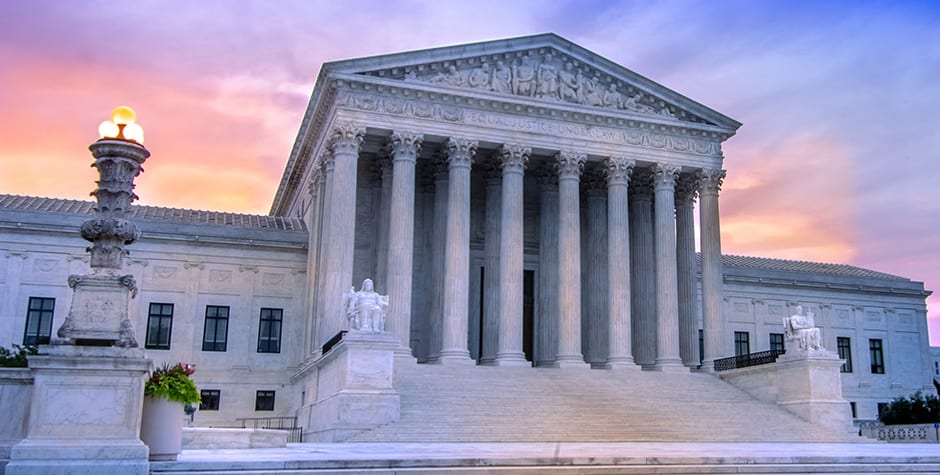Unanimous Supreme Court Protects Religious Civil Rights of Employees
In a unanimous decision protecting religious civil liberties in the workplace, Groff v. DeJoy, the U.S. Supreme Court has set forth a new standard for addressing religious accommodations under Title VII of the Civil Rights Act of 1964. As discussed here, the ACLJ has pursued numerous cases and matters under Title VII to protect employees from having to violate their religious beliefs.
As previously explained, the case involves Gerald Groff, an employee of the United States Postal Service (USPS), who would not work on Sundays for religious reasons. Groff initially worked in a position that did not require Sunday work. However, when USPS began facilitating Sunday deliveries for Amazon, Groff sought a transfer to a rural USPS station that did not handle Sunday deliveries. Eventually, even at the rural station, Sunday deliveries became part of the workload, and Groff refused to work on that day. Groff faced disciplinary action before ultimately resigning.
Under Title VII, employers are required to reasonably accommodate an employee’s religious beliefs and practices unless doing so would impose an “undue hardship on the conduct of the employer’s business.” Today’s decision focused on defining the threshold for what constitutes an undue hardship.
In a 1977 case, Trans World Airlines, Inc. v. Hardison, the Supreme Court said that because an airline would have “to bear more than a de minimis cost” in order to give an employee Saturdays off, that constituted an “undue hardship.” Lower courts have used that language to mean that an employer can be excused from accommodating an employee’s religious practice if it imposes more than a minimal burden.. As we explained in our amicus brief in support of Groff, the de minimis standard is wrong and inconsistent with the words of Title VII.
After decades of lower courts applying the de minimis standard, the Supreme Court today rejected it. In an opinion by Justice Alito, the Court set forth a new standard, holding that “an employer must show that the burden of granting an accommodation would result in substantial increased costs in relation to the conduct of its particular business.” As Justice Alito noted:
What is most important is that “undue hardship” in Title VII means what it says, and courts should resolve whether a hardship would be substantial in the context of an employer’s business in the common-sense manner that it would use in applying any such test.
Today’s ruling clarifies that the determination of undue hardship should be based on a fact-specific inquiry, considering the nature, size, and operating cost of the employer. The impact of a religious accommodation on coworkers is relevant only to the extent that it affects the conduct of the business.
Importantly, the Court emphasized that bias or hostility toward a religious practice or accommodation cannot be considered a valid defense for the employer: “An employer who fails to provide an accommodation has a defense only if the hardship is ‘undue,’ and a hardship that is attributable to employee animosity to a particular religion, to religion in general, or to the very notion of accommodating religious practice cannot be considered ‘undue.’”
Today’s ruling has significant implications for addressing religious accommodations in the workplace. It reaffirms the protection of religious believers under Title VII and clarifies that employers cannot dismiss accommodation requests based solely on a minimal burden. Instead, employers must demonstrate that the burden of accommodating an employee’s religious practice is substantial.
Today’s decision provides a new rubric for assessing future religious accommodation cases under Title VII, requiring a more nuanced analysis that considers the specific circumstances and impact on the employer’s business. How that rubric will be applied by the lower courts remains to be seen. In the end, however, today’s important decision reinforces the principles of religious freedom and equal treatment in the workplace, promoting religious diversity and tolerance. It is a profound victory for religious civil liberties. And it is a decision that will be extremely useful in our ongoing cases in this area.
